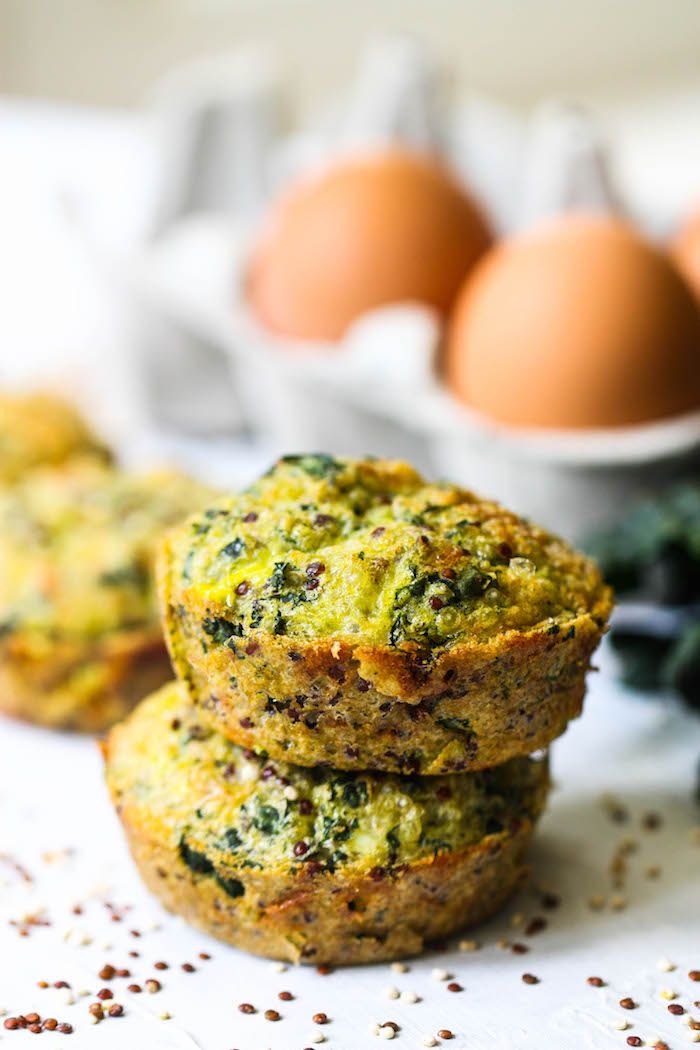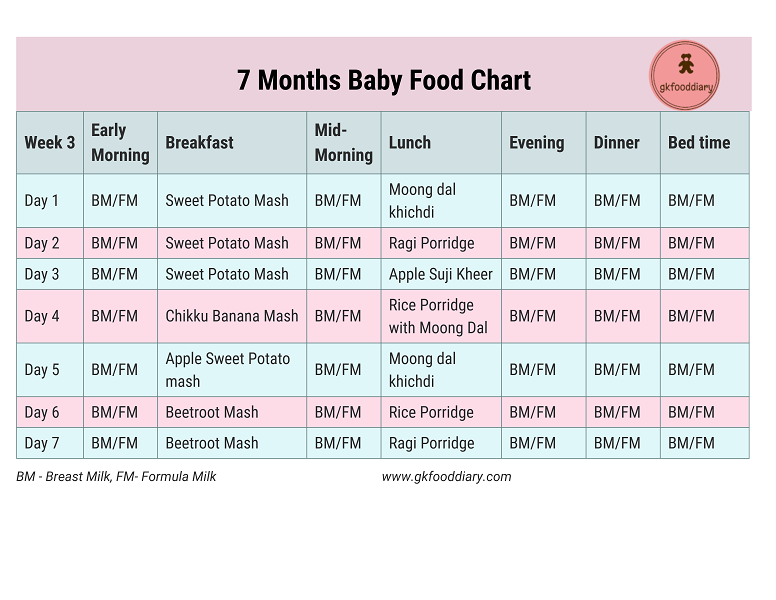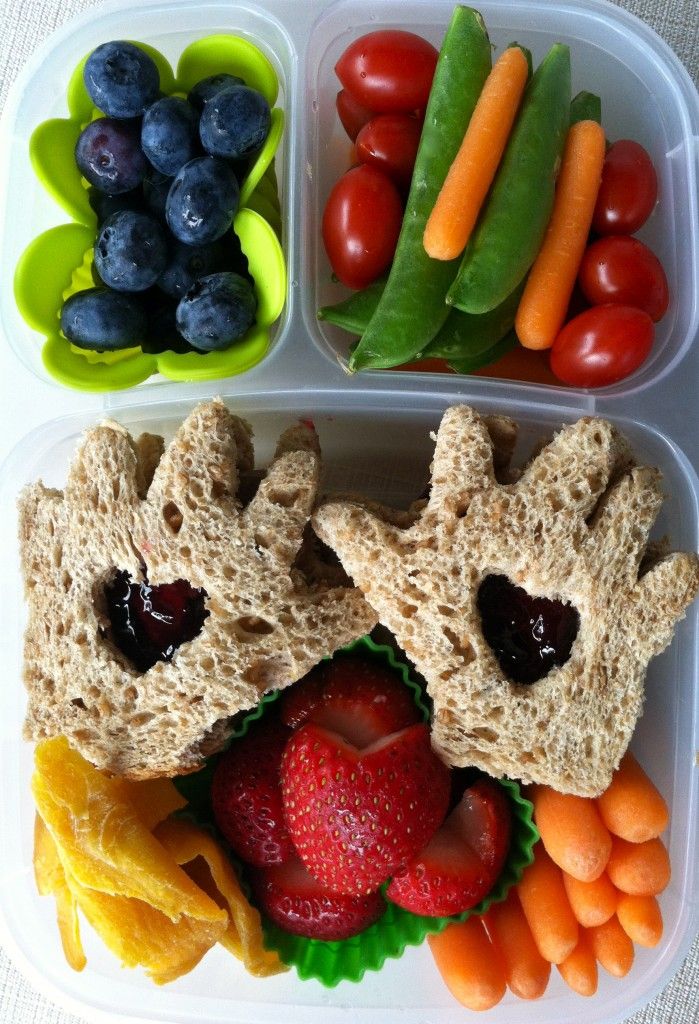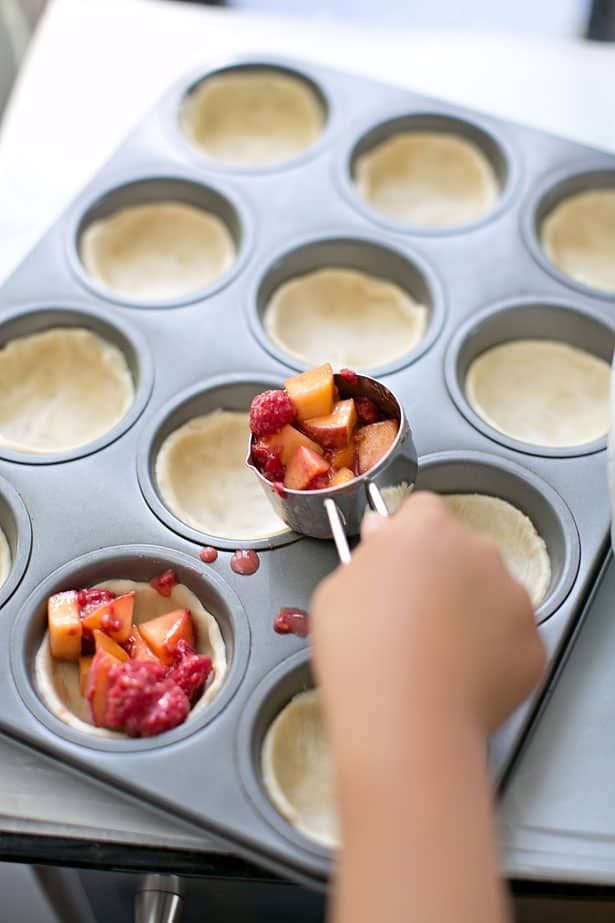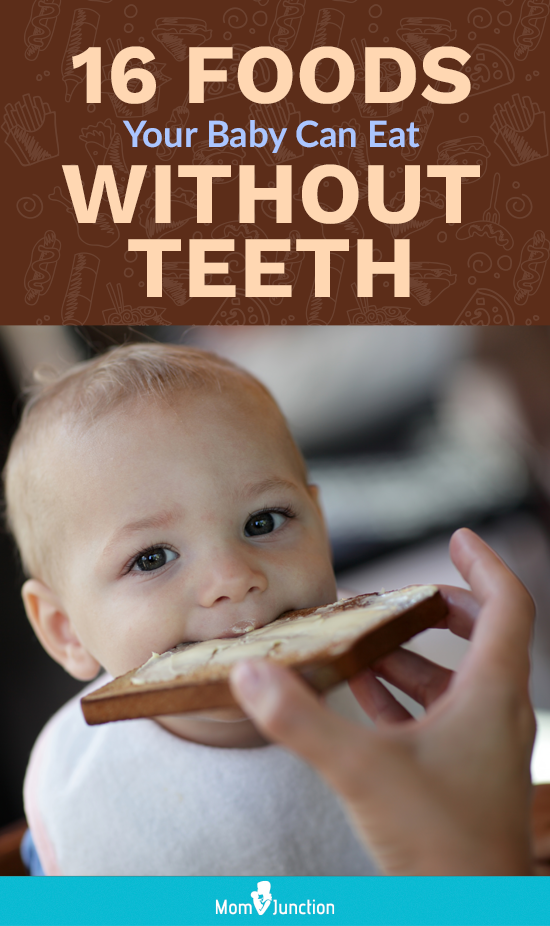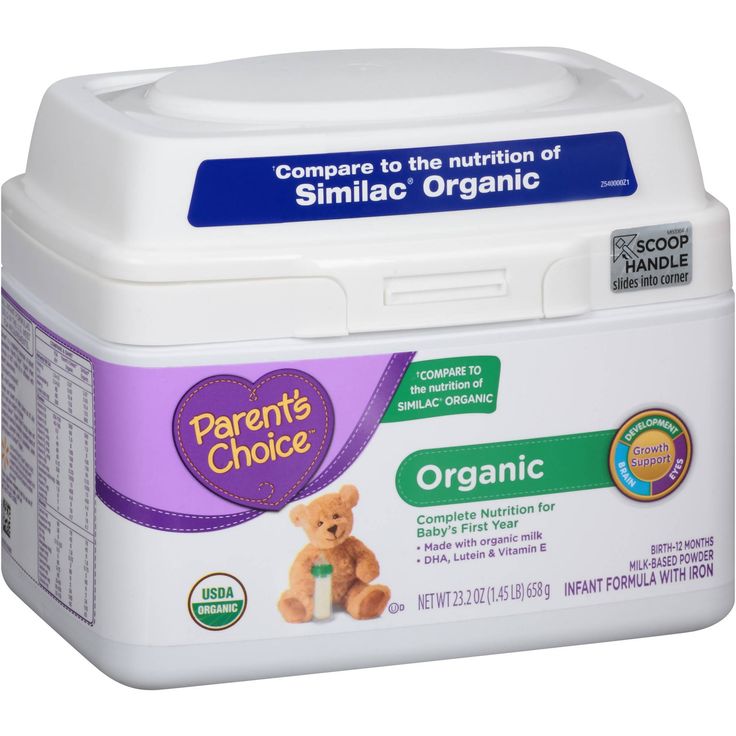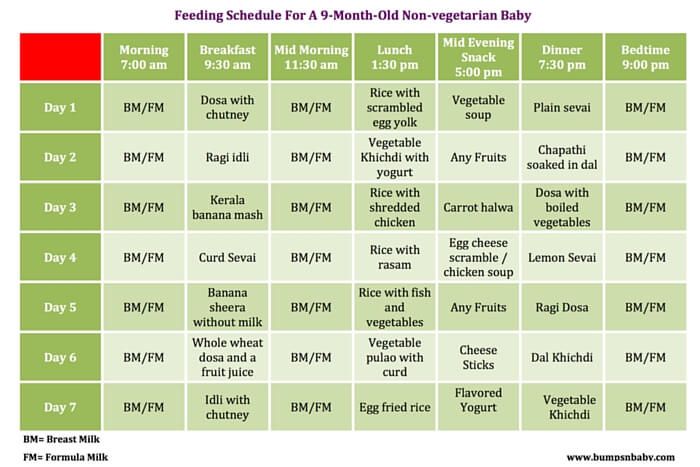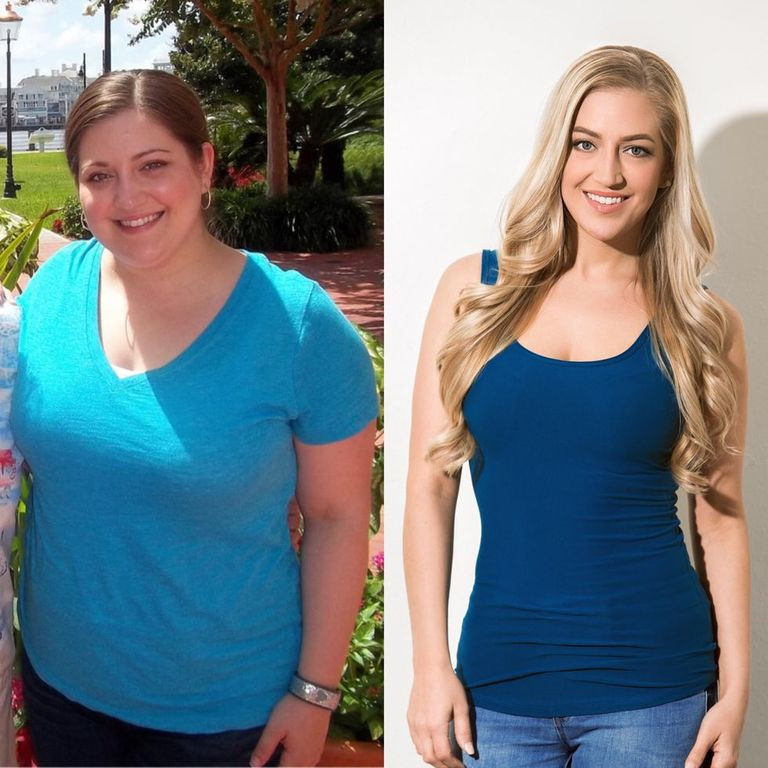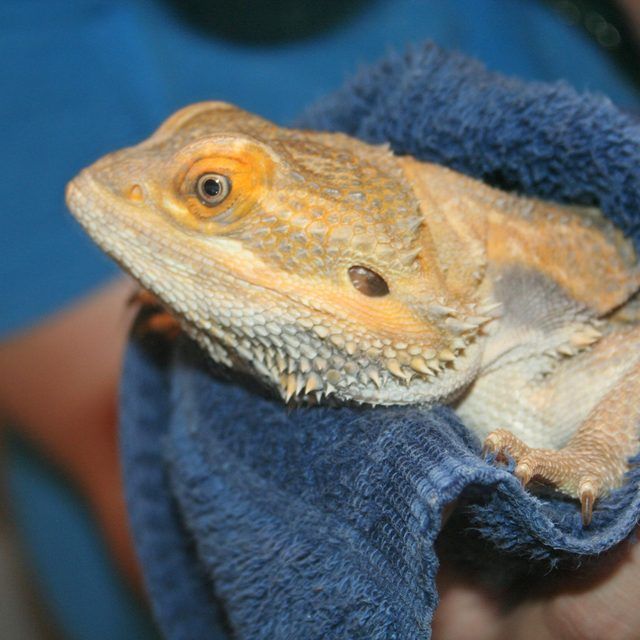Egg baby food recipes
How to Serve Eggs to Baby (purees & blw)
Eggs for Babies – 10 Easy (and Delicious) Ways! Eggs are a nutrient-dense superfood and great first food for baby. Serve them as a baby food puree, mashed, as finger food, or for baby-led weaning, and more! These recipes are great for 4-6 months and up.
Medically reviewed by Sarah Remmer, Registered Dietitian (RD) & Founder, Centre for Family Nutrition.
Eggs for BabyEggs are loaded with essential nutrients for a growing baby and are one of my favorite first foods for babies! 🥚
This guide will give you 10 easy-peasy ways to incorporate eggs into your baby’s diet. It’s important to serve your babies eggs that are well-cooked, but there are many ways you can serve them! Whether you are starting with purees or doing baby-led weaning, I’ve got you covered. 👊 You can serve eggs cooked and blended into a baby puree, smashed with avocado on toast (and cut into strips), cooked several different ways for finger food for baby-led weaning, made into 3-ingredient pancakes, or even made into egg muffins. How egg-citing!
First time making homemade baby food? Then, I would suggest that you start by reading my very in-depth Guide on how to Make Homemade Baby Food – which goes over all the important information such as the best cooking tools to have on hand, safe storage, how to know when baby is ready for solids, how to introduce purees, the best first foods for baby, and more! If you are doing Baby-Led Weaning, then be sure to check out my Complete Guide to Baby-Led Weaning – which covers what exactly is baby-led weaning, to every parent’s concern of baby-led weaning and choking, this guide goes over it all. I will also share how to know when baby is ready for BLW, the top 10 best first foods, a helpful sample blw feeding schedule, helpful tools to have on hand, and much much more!
Want more information? Then make sure to check out my best-selling cookbook for even more information and recipes!
Eggs for Babies Video
Watch this video to see how to make and serve eggs to your baby!
Reasons to Love Eggs for Baby- relatively inexpensive
- easy to find
- great source of protein
- nutrient-packed
- great for first food – 4-6+ months
- perfect for baby-led weaning
- versatile
Eggs are an ideal first food for babies because they are loaded with essential nutrients vital for your baby’s growth and development, including protein, selenium, phosphorus, riboflavin, and vitamins A, D, and B12. They also contain lutein and zeaxanthin, which both promote healthy vision.
They also contain lutein and zeaxanthin, which both promote healthy vision.
Make sure you serve the entire egg (yolk and white!), as most of the nutrition is found in the yolk. The yolk and whites of the egg contain different sets of nutrients, so it is significant to incorporate both into your baby’s diet.
- Protein-rich — each large egg contains over 6 grams of protein
- Great source of Omega-3 fatty acids, which help build a healthy heart and are crucial for brain, nerve, and eye development
- High in choline, which is an important micronutrient that is beneficial for the brain and nervous system
- Great source of lutein and zeaxanthin, which are great for overall eye health
Eggs are a versatile protein to work with, and there are dozens of ways to cook and serve them to your baby. Below you will find the top 10 ways I like to serve eggs to baby, but if you have another method you love, then, by all means, have at it. The good news is because there are a variety of ways to cook and serve eggs, your baby will have many opportunities to try them.
Below you will find the top 10 ways I like to serve eggs to baby, but if you have another method you love, then, by all means, have at it. The good news is because there are a variety of ways to cook and serve eggs, your baby will have many opportunities to try them.
Here are some of the ways to serve eggs to your baby (recipes below):
- pureed with your favorite fruit or veggie
- hard-boiled
- mashed with yogurt
- served on toast
- scrambled
- baked into an egg muffin
- made into pancakes
- as an egg roll-up
Whether you’re starting your baby on purees or are doing baby-led weaning, eggs are a delightful first food for your baby! When a baby can start on solids is determined by their own rate of development, which generally comes between 4-6 months of age. Some of the developmental milestones babies need to reach in order to start solids include: if your baby has solid control of their head and neck, if your baby has doubled in weight, and if your baby is reaching for or opening their mouth when you eat (see my guide here). Before you start your baby on purees, you should consult with your pediatrician to make sure your child is developmentally ready.
Before you start your baby on purees, you should consult with your pediatrician to make sure your child is developmentally ready.
Tip: While it’s great (and safe!) to serve your baby the entire egg, you could try serving the yolk only for the first couple of feedings, as it is creamier and easier for your baby to eat.
Frequently Asked Questions
Can baby have the egg whites and yolk?
Yes! Current recommendations advise serving baby both the egg white and yolk from the very beginning.
How many eggs can a baby eat per day?
One egg a day is an effortless and budget-friendly way to give your baby key nutrients for optimal growth. There are no guidelines regarding the maximum number of eggs a baby or toddler can have a day. But remember that exposing your baby to various fresh fruits, vegetables, proteins, and carbs is the goal for the first year of your baby’s life.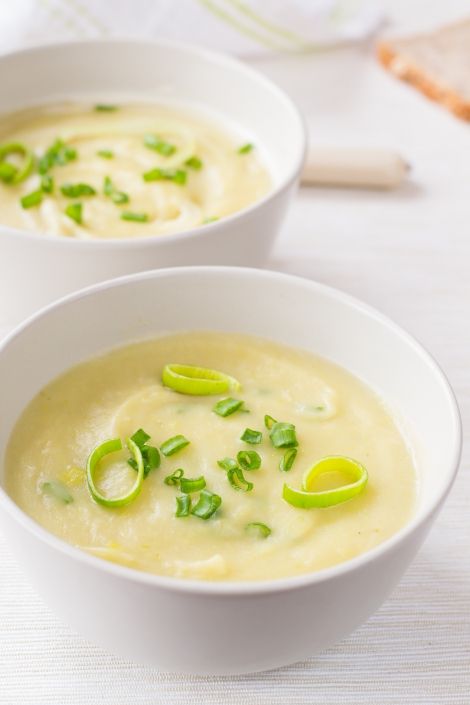
Are eggs a common allergy?
Eggs can be a potential allergen, so it is always best to consult with your pediatrician if you have any major concerns or if anyone in the immediate family has known egg allergies. After a meal, if you notice any allergy-related symptoms such as like hives, itching, swelling, or upset stomach, you should stop serving eggs and consult with your doctor. Otherwise, you can feel safe about serving eggs to your baby and can dig right in.
How do you introduce eggs to your baby?
If you are starting with purees, you can blend (or mash with a fork) a hard-boiled egg with a bit of breast milk or formula until you reach the desired consistency. If you’d rather baby self-feed, you can mash a hard-boiled egg yolk with a fork and mix it with a little whole milk plain yogurt and serve it to your baby with a self-feeding spoon. You can also scramble an egg and place them on your baby’s tray so they can self-feed with their hands.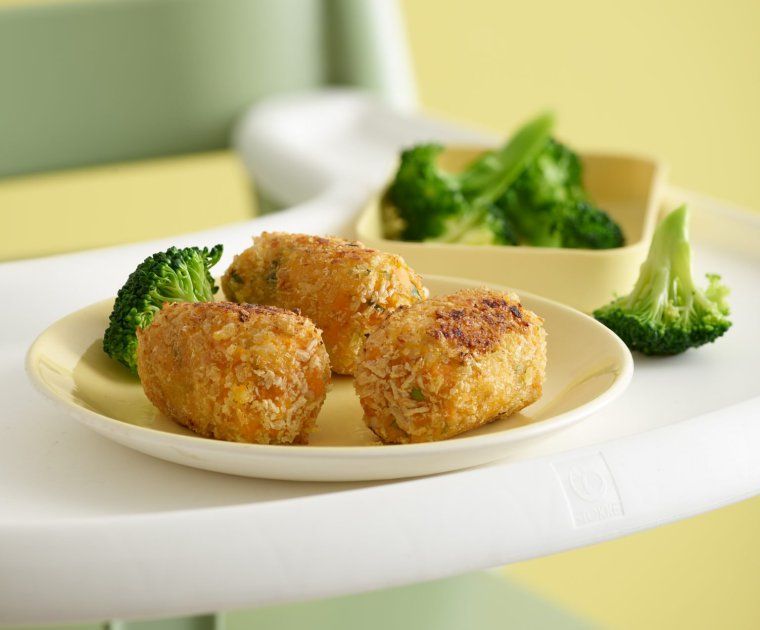
Eggs are absolutely perfect for baby-led weaning. They’re soft for babies to eat (with or without teeth) and easy for them to grab onto using either their pincer grasp (fingers) or palmer grasp (hand). Some of my favorite ways to serve eggs to babies for baby-led weaning are mashed with yogurt handed to baby on a self-feeding spoon, mashed with avocado and served on toast, hard-boiled and served in strips or chunks, scrambled, made into egg roll-ups, pancakes, or egg cups. There are so many fun ways for your baby to explore the taste of eggs all by themselves!
Eggs for ToddlersEggs are still a great source of complete protein and other nutrients for toddlers and kids! While toddlers may turn their noses up to eggs at some point (this is normal and can happen with any food!), it’s still a good idea to keep reintroducing eggs without pressure and in various ways, as they’ll likely come back to it!
Spice Tip: Feel free to spice up your eggs by adding chopped herbs or mild spices.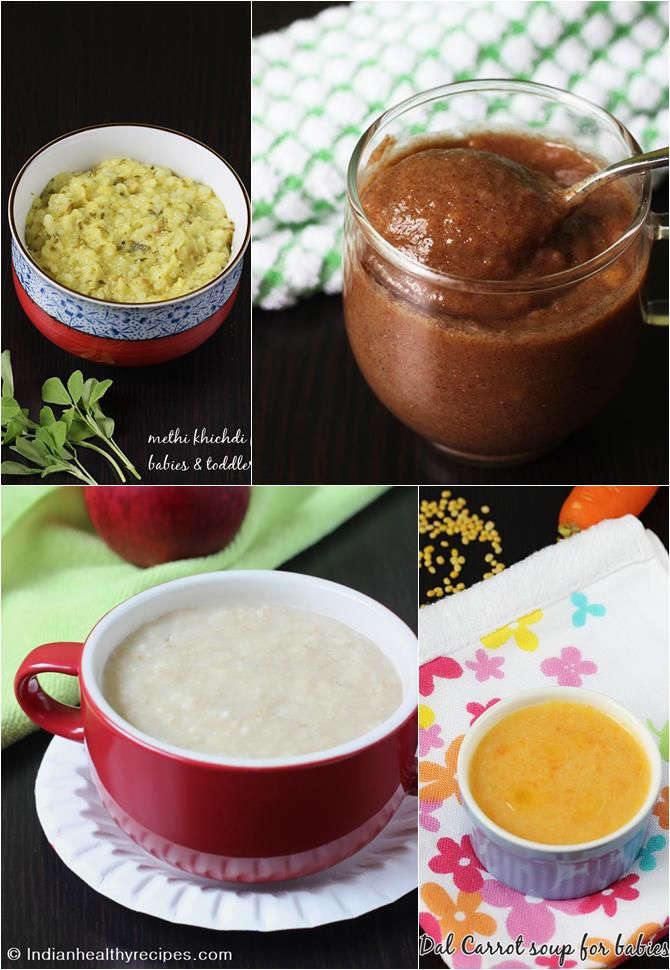 However, salt is not recommended until after 1 year. Some great additions are chives, basil, oregano, cilantro, cumin, mild paprika, or curry powder.
However, salt is not recommended until after 1 year. Some great additions are chives, basil, oregano, cilantro, cumin, mild paprika, or curry powder.
One of the easiest ways to incorporate eggs into a baby food puree is by simply blending the egg yolk with one of your baby’s favorite cooked fruits or vegetables. This puree is made with softened mango (recipe below). You can also easily add eggs into these amazing purees: sweet potato, carrot, broccoli, homemade baby cereal, green bean, apple, or pear puree.
Smashed Egg with Yogurt
This is a pretty simple recipe that you can spoonfeed to your baby or preload on a self-feeding spoon and hand to your baby so they can feed themselves.
For this recipe, you can either use just the yolk or the entire egg for a chunkier puree. We start by mashing half of a hard-boiled egg with yogurt to get an appetizing, creamy texture. You can also mash the hard-boiled egg with a few white beans, soft tofu, chicken, or any thick puree you have on hand.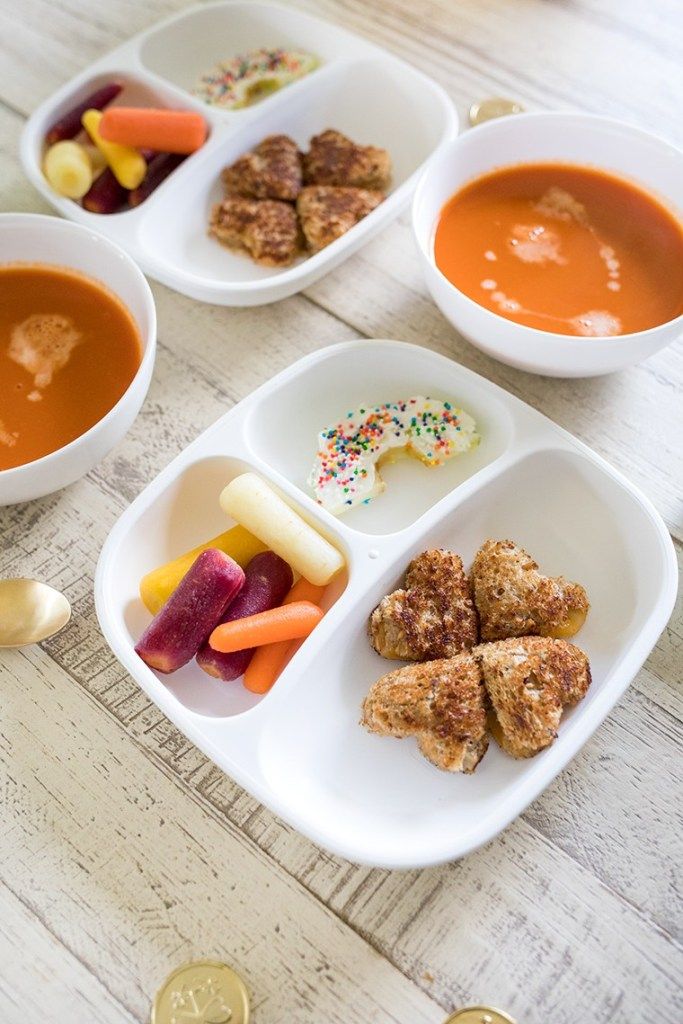 If the mixture is too thick, you may need to add a few drops of breast milk, formula, or water.
If the mixture is too thick, you may need to add a few drops of breast milk, formula, or water.
Want to save time and effort? Go for scrambled eggs! They’re easy to make and can be enjoyed both by you and your little one. These scrambled eggs are fluffy and soft yet firm enough for your baby to hold.
✔ Get the full recipe below or read the full post here.
Egg and Avocado on ToastYou might as well start them out early with an avocado toast addiction. 😉 Made with two nutrient-dense ingredients — avocados and eggs — this healthy, easy spread on a piece of multi-grain toast is going to be a hit with your baby.
To make, mash together with a wedge of avocado and half of a hard-boiled egg yolk (you can also use the entire egg) and spoon onto a piece of toast that you’ve pre-cut into strips. Hand the dry side of the toast to your baby to try to keep the mess down and for an easier grip.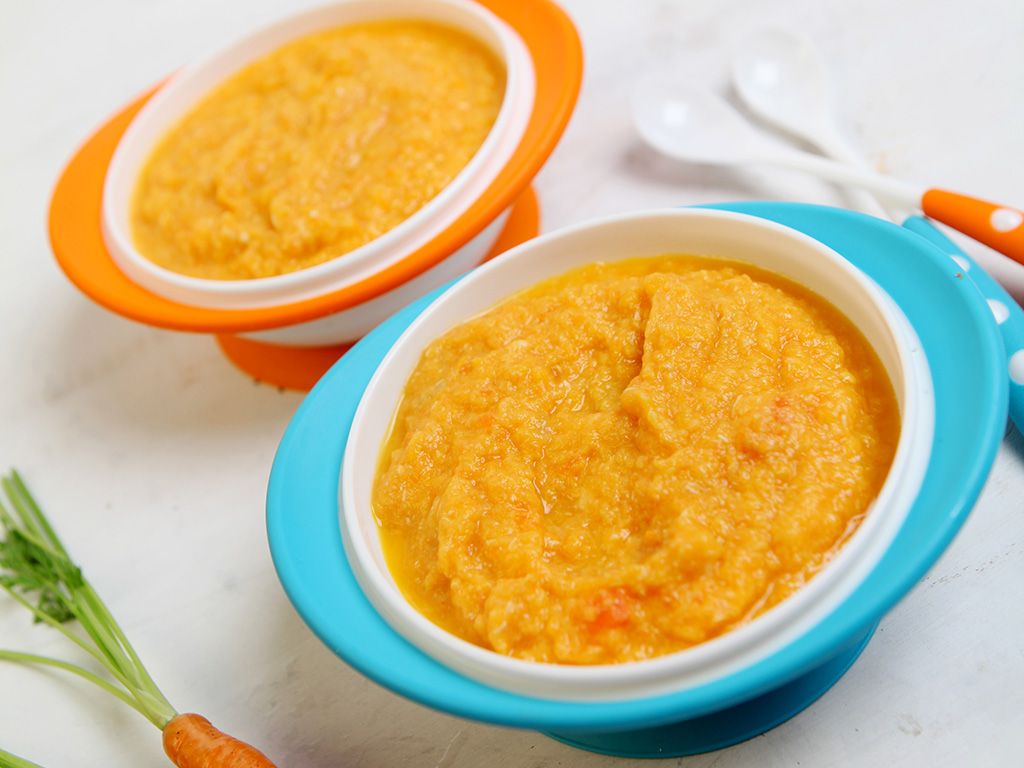
Mix Things Up: Feel free to use a bit of whole milk yogurt, white beans, tofu, goat cheese, banana, or ricotta in this recipe instead of the avocado.
Hard-Boiled EggsHard-boiled eggs are a simple way to serve eggs to your baby. You can cut them into chunks or long strips for your baby to pick up with their pincer grasp.
Easy Banana Egg PancakesThese pancakes are an easy 3-ingredient recipe that will make any baby an egg lover! Because of the sweet banana, the egg gets disguised, and your baby will never be able to tell they are eating eggs. These pancakes can also serve as a hassle-free, on-the-go meal or snack for your baby or toddler.
✔ Get the full recipe below or read the full post here.
Egg Roll-upsThese egg roll-ups are ideal for babies and toddlers that are just learning to self-feed. The egg roll-ups are firm enough to be held by your baby but soft enough to be eaten, even if your baby has no teeth yet.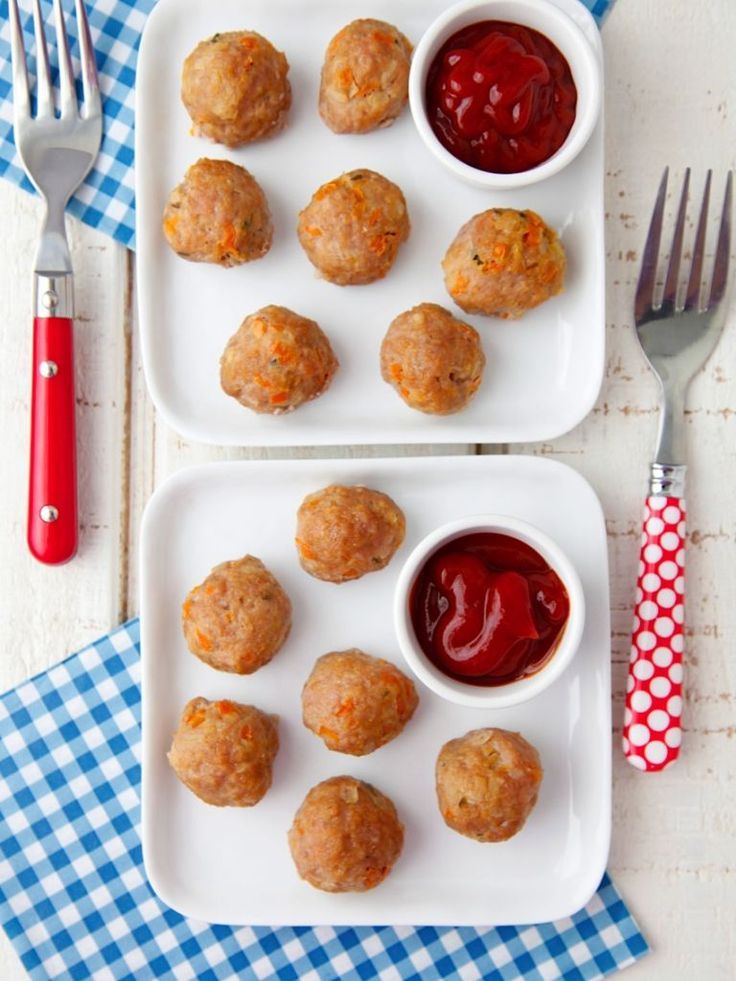 🙂 With only 3 ingredients and a preparation time of 5 minutes, these egg roll-ups will surely become a new family favorite!
🙂 With only 3 ingredients and a preparation time of 5 minutes, these egg roll-ups will surely become a new family favorite!
✔ Get the full recipe below or read the full post here.
Egg + Broccoli MuffinsEgg muffins are a wonderful food prep item that both you and your baby can enjoy. This recipe is loaded with broccoli and cheese for an extra flavorful breakfast!
✔ Get the full recipe below or read the full post here. You can find 4 more amazingly delicious flavors here.
StorageYou can store all of the egg recipes below in an air-tight container in the fridge for up to 4 days. However, the Avocado and Egg Toast recipe is best eaten right away.
Or watch a shortened version of this video here.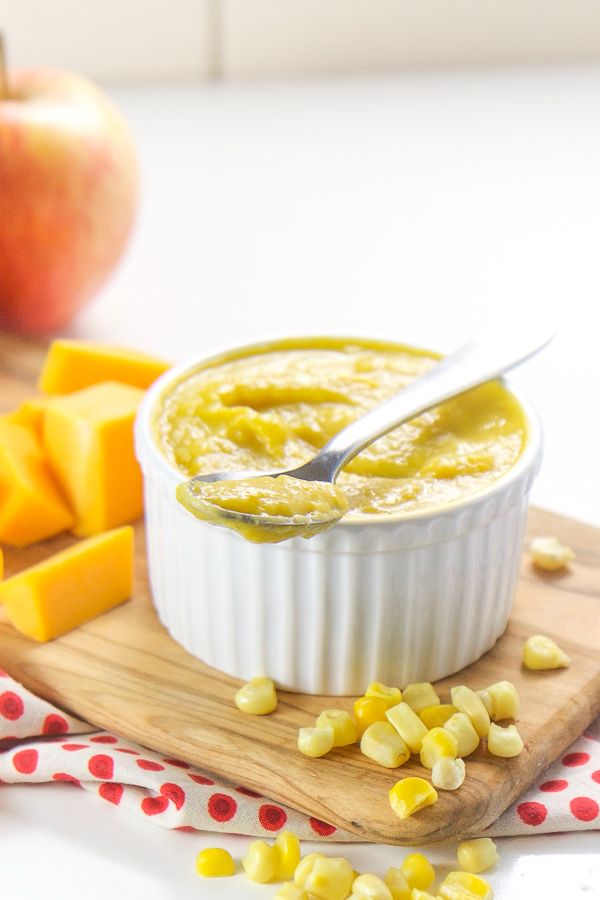
- 1 large egg yolk, cooked (hard-boiled or scrambled are best)
- 1 cup ripe mango, fresh or frozen, if using frozen thaw first
Mashed Egg and Yogurt
- 1/2 large hard-boiled egg yolk
- 1 tbsp plain yogurt, 2% or whole milk
Scrambled Eggs
- 2 large eggs
- 2 tsp plain Greek yogurt, 2% or whole milk
- 1-2 tsp butter
- 1/8 avocado, peeled
- 1/2 large hard-boiled egg, can use just the yolk or entire egg
- 1 piece wholegrain bread, toasted and cut into strips
- 1 large hard-boiled egg, peeled
Banana + Egg Pancakes
- 1 medium banana, with a few brown spots
- 1 large egg
- 2 tbsp flour, all-purpose, white whole wheat or whole wheat
- pinch cinnamon
Egg Roll-Ups
- 2 large eggs
- 1 tbsp milk
- 2 tbsp cheddar cheese, shredded (optional)
- 1 tsp oil, butter or spray
Broccoli Egg Cups
- 6 large eggs
- 1/4 cup milk, regular, almond, coconut, oat, etc
- 1/2 cup broccoli, finely chopped
- 1/2 cup cheddar cheese, shredded
Egg with Mango Puree
In a blender or food processor, add the cooked egg yolk and mango.
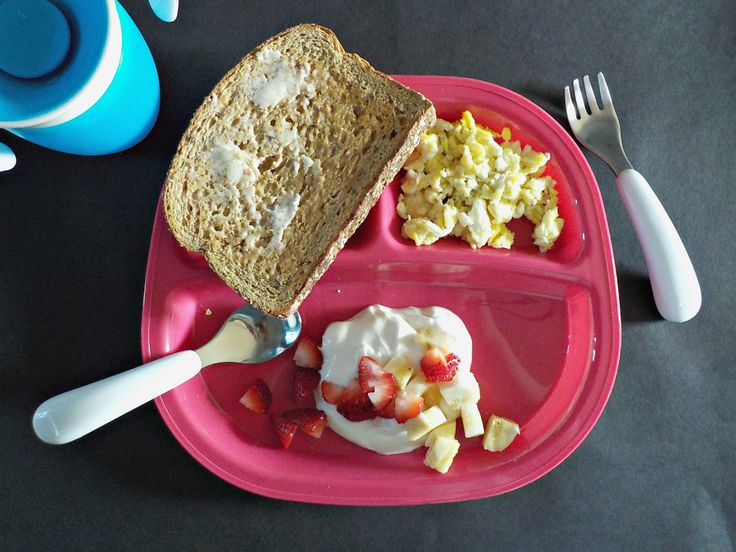 Starting on low and increasing to high, blend the ingredients until smooth and creamy.
Starting on low and increasing to high, blend the ingredients until smooth and creamy.
On a cutting board, place the hard-boiled egg yolk and the yogurt. Using the back of a fork, mash the two together until completely incorporated. You can leave it chunky or mash until smooth. Serve with a baby spoon or a self-feeding spoon for baby-led weaning.
In a small bowl, add in the eggs and yogurt. Going in only one direction, whisk the mixture with a fork. Heat a medium skillet over medium-low heat. Add in butter and let it melt. When it is bubbling, add in the whisked eggs and let the eggs cook for 15 seconds, then using a spatula or wooden spoon, gently fold the eggs from the outside of the skillet towards the middle. The uncooked eggs will go where the spatula was and the cooked eggs will go towards the center. Continue with this motion until most of the eggs are in the middle.
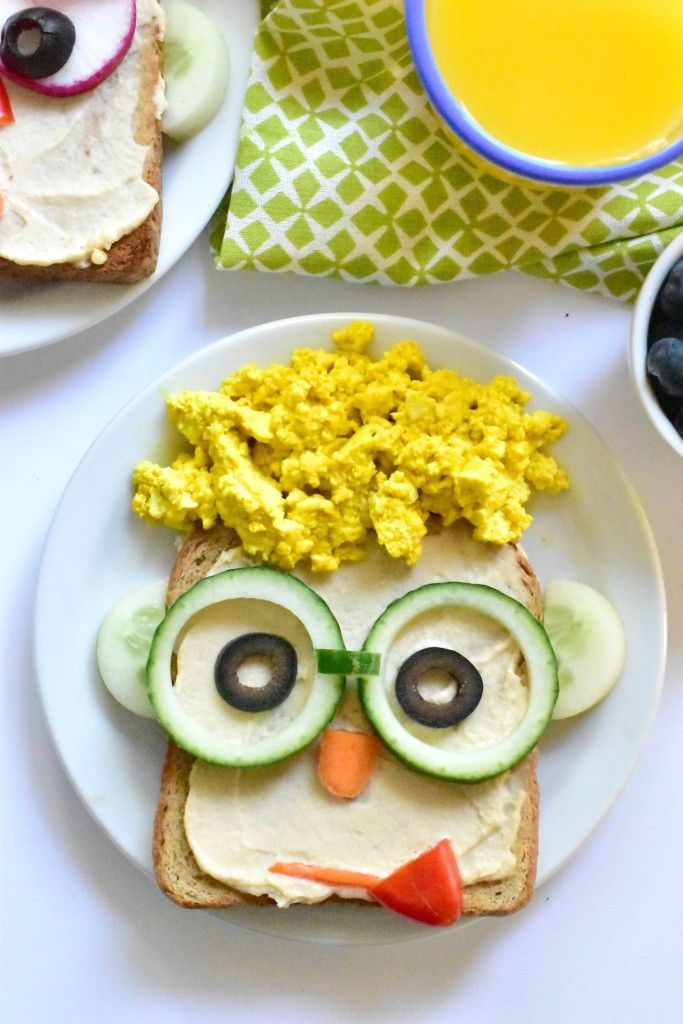 Gently fold the pile over itself until you have soft yet firm eggs. You want the eggs firm enough to be able to be picked up by your baby.
Gently fold the pile over itself until you have soft yet firm eggs. You want the eggs firm enough to be able to be picked up by your baby.
Egg and Avocado on Toast
On a cutting board, place the hard-boiled egg or just the yolk and avocado. Using the back of a fork, mash the two together until completely incorporated. You can leave chunky or smooth depending on preference. Scoop the mixture up with the fork and place on the end of a piece of toast. Hand baby the dry side of the toast.
Hard-Boiled Eggs
Banana + Egg Pancakes
In a medium bowl, mash the banana until very smooth with only a few lumps. Add in the flour, egg and a pinch of cinnamon (optional). Mix with a fork or whisk, mix until everything is combined. Heat a medium skillet over medium heat, spray with cooking spray or add a little butter, if needed. Drop one tablespoon of batter on the skillet and let cook for 3-4 minutes or until the sides are starting to become firm and the bottoms are golden brown.
 You will not see any bubbles like traditional pancakes. Flip and cook for another 2-3 minutes or until golden brown.
You will not see any bubbles like traditional pancakes. Flip and cook for another 2-3 minutes or until golden brown.
Egg Roll-Ups
Preheat a small non-stick pan over medium-low heat. Spray the skillet or grease with 1/2 teaspoon of oil or butter. In a small bowl, whisk the eggs and milk together. Spoon half of the egg mixture into the pan and cook for 2 minutes. Sprinkle the cheese on top of the eggs (if using), cover the pan with a lid, and cook for 2 more minutes. Using a spatula, carefully slid the flat egg onto a cutting board. Let cool slightly for 1-2 minutes but no more or the egg will be too cool to roll. Starting on one side of the egg disc, start rolling the egg as tightly as you can until completely rolled up. Place seam side down and let cool slightly. As it cools, the egg roll-up will hold it’s shaped. Repeat the cooking process with the remaining egg mixture. Cut one egg roll in half and serve to baby.
Broccoli Egg Cups
Heat oven to 375 degrees.
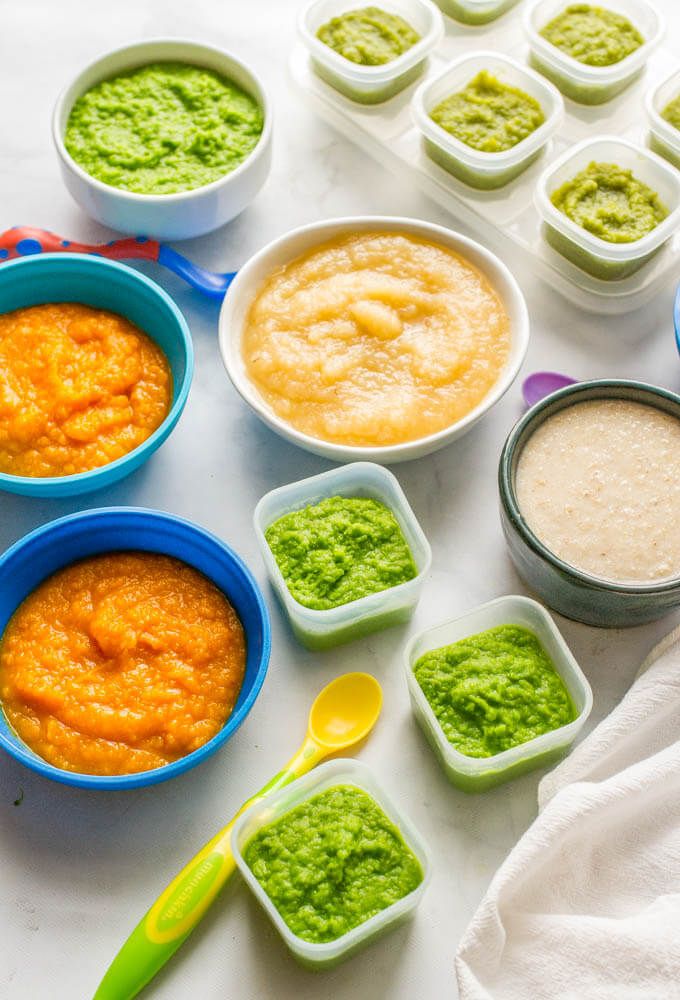 Line 8 muffin tins with silicone muffin molds or generously spray to prevent sticking. In a medium bowl, whisk the eggs and milk together. Add in the broccoli and cheese and stir until combined. Pour the egg mixture into the muffin tins until 3/4 the way full. Bake for 20-25 minutes or until eggs have set and the cheese is golden brown. You can also try these other 4 fun flavors of Egg Muffins.
Line 8 muffin tins with silicone muffin molds or generously spray to prevent sticking. In a medium bowl, whisk the eggs and milk together. Add in the broccoli and cheese and stir until combined. Pour the egg mixture into the muffin tins until 3/4 the way full. Bake for 20-25 minutes or until eggs have set and the cheese is golden brown. You can also try these other 4 fun flavors of Egg Muffins.
Age: 4-6+ months for egg puree, 6+ months for finger foods
Storage: the Egg with Mango Puree, Mashed Egg and Yogurt, Scrambled Eggs, Hard-Boiled Eggs, Banana + Egg Pancakes, Egg Roll-Ups and Broccoli Egg Cups can be stored in an air-tight container in the fridge for up to 4 days.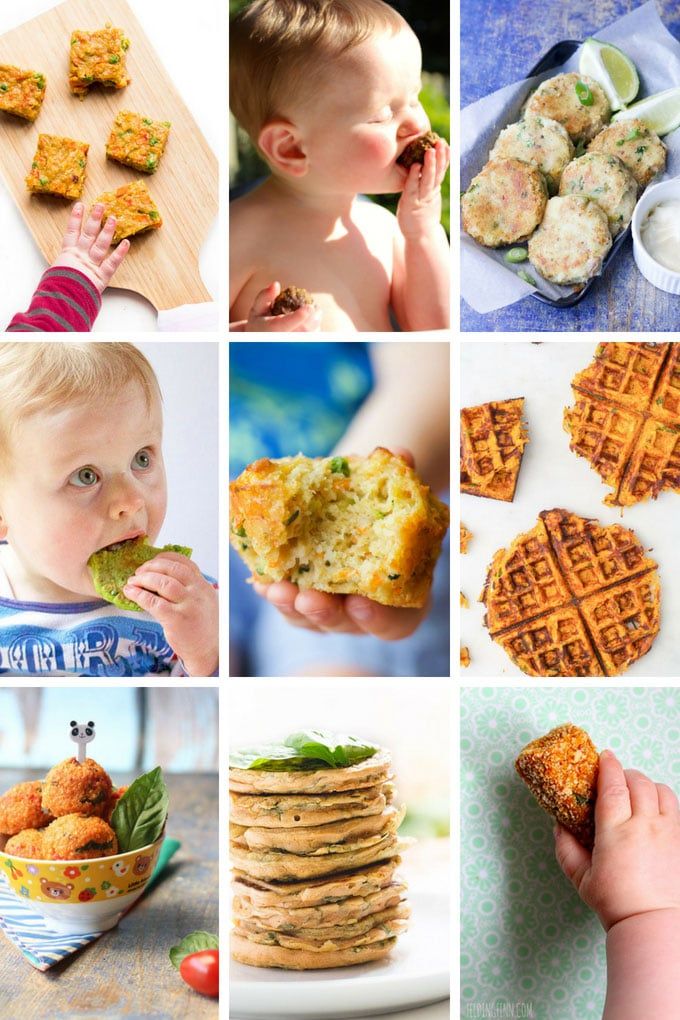 The Egg and Avocado on Toast is best eaten right away.
The Egg and Avocado on Toast is best eaten right away.
Bumkins Baby Bowl
Blender
Bamboo Plates
Tripp Trapp High Chair
Grabease Utensil
Did you make this recipe?
Tag @babyfoode on Instagram and hashtag it #babyfoode!
Pin Recipe Email a Friend
Eggs for Babies - Healthy Little Foodies
All Posts, by Date » Baby Friendly Recipes » Eggs for Babies
Jump to Recipe Print Recipe
This guide on Eggs for Babies includes a list of baby-friendly egg recipes and covers the most commonly asked questions when it comes to introducing eggs. Regardless of whether you are starting with purees, or are doing baby-led weaning, this guide has you covered
Benefits of Eggs
When babies first start solid foods, they generally eat very little. Therefore, it is important that they are fed nutrient-dense foods, such as eggs.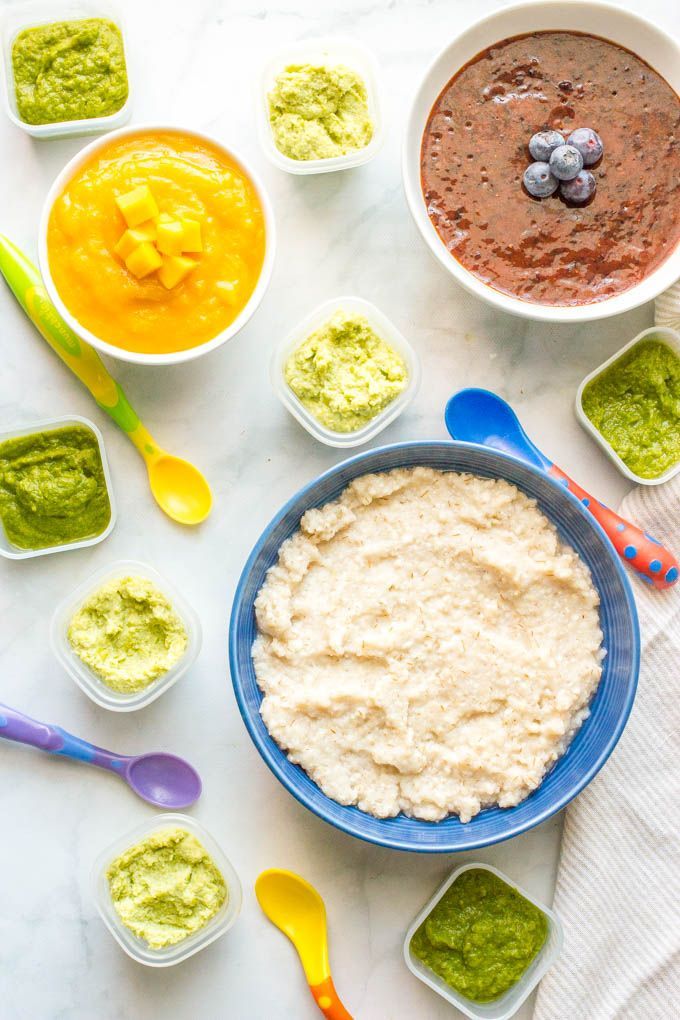
Eggs are an excellent source of key nutrients that babies need. These include iron, folate, omega 3 fatty acids, and protein. Eggs also provide some of the highest quantities of choline of any food. Choline helps brain cells function, and it is important for overall brain development and activity.
As well as being nutritious, eggs are affordable, easy/ quick to prepare and highly versatile.
When to Introduce Eggs
Guidance has changed in recent years and as a result, there is a lot of confusion around when it is best to first introduce eggs.
Current recommendations, from many professional bodies around the world (DGA, NHS, ASCIA), is to introduce eggs as soon as your baby is ready to start solids. (Usually around 6 months of age).
Egg and Allergies
Parents can be worried about introducing eggs as they are one of the most common allergy-causing foods for children. (ASCIA).
(ASCIA).
Symptoms of an egg allergy range from mild reactions to a severe allergic reaction (anaphylaxis). The most common symptoms are allergic skin reactions. Other symptoms include runny nose and itchy, watery eyes, cramps, nausea, or vomiting. (Better Health)
Only one common allergy-causing food (egg, dairy, peanut, dairy, tree nuts, soy, sesame, wheat, fish, and other seafood) should be introduced at each meal. This way, the problem food can be easily identified if there is an allergic reaction.
Most children allergic to egg will outgrow their food allergy. (ASCIA)
How to Cook and Serve Eggs to a Baby.
As eggs are a common food allergen you should start with small amounts of well-cooked egg and gradually increase the volume served.
One of the great things about eggs is that they can be served in so many different ways.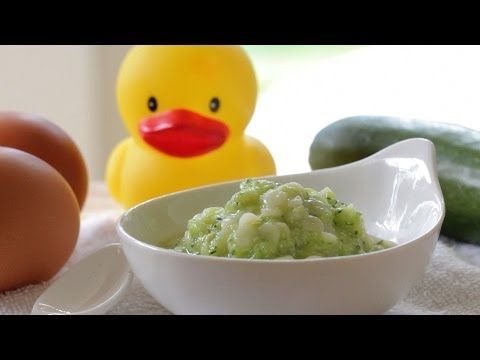 Don’t stick to serving your baby eggs cooked in just one way. Try a variety of different cooking methods so that your baby can get used to various textures and flavours.
Don’t stick to serving your baby eggs cooked in just one way. Try a variety of different cooking methods so that your baby can get used to various textures and flavours.
You can serve eggs pureed, mashed, or as finger food. Try starting with pureed (or mashed) hard-boiled egg, mixed with avocado or breast milk for a more creamy consistency. Scrambled egg pieces are a fantastic finger food as are mini muffins, omelette strips and egg pancakes. See the recipe section below for ideas.
Egg Recipes for Babies
EGG PUREE / MASH
This is one of the easiest ways to serve egg to a baby. Simply hard boil an egg and mash together with a vegetable/fruit puree, baby milk or yoghurt. See the recipe card below for the full recipe.
This can be spoon-fed to the baby or offered to self-feeding babies on loaded spoons. Alternatively, spread the mixture on toast fingers.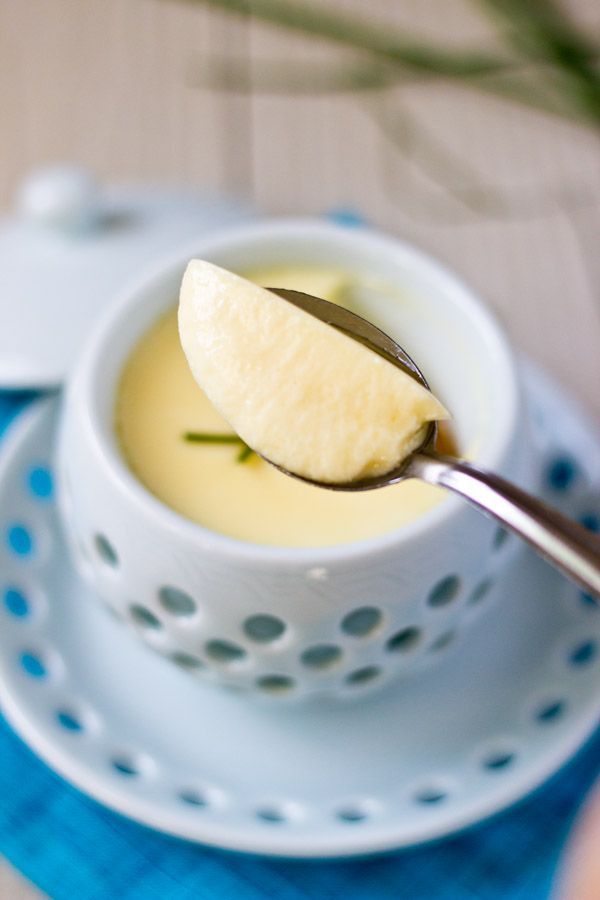
SCRAMBLED EGG
Scrambled eggs should always be fully cooked but you still want them to be soft and fluffy. Click here to get the full recipe and tips on how to cook scrambled eggs for a baby.
Scrambled eggs can be spoon-fed or served in big “clumps” to make it easy for babies to pick up.
OMELETTES
Omelettes are great for adding flavour and vegetables to eggs. Chop the vegetables very small and add them along with some herbs and/or cheese. Omelette fingers are great for little hands as they are easy to grasp and hold. Alternatively, roll the omelette and chop it into bite-size pieces.
Click here for the omelette fingers recipe and here for the omelette roll ups.
PANCAKES
Most pancakes have eggs in them but what makes these “pancakes” different is that egg is one of only two ingredients. Mixing egg with some banana or sweet potato puree makes a very simple batter and can be formed into little pancakes, perfect for babies.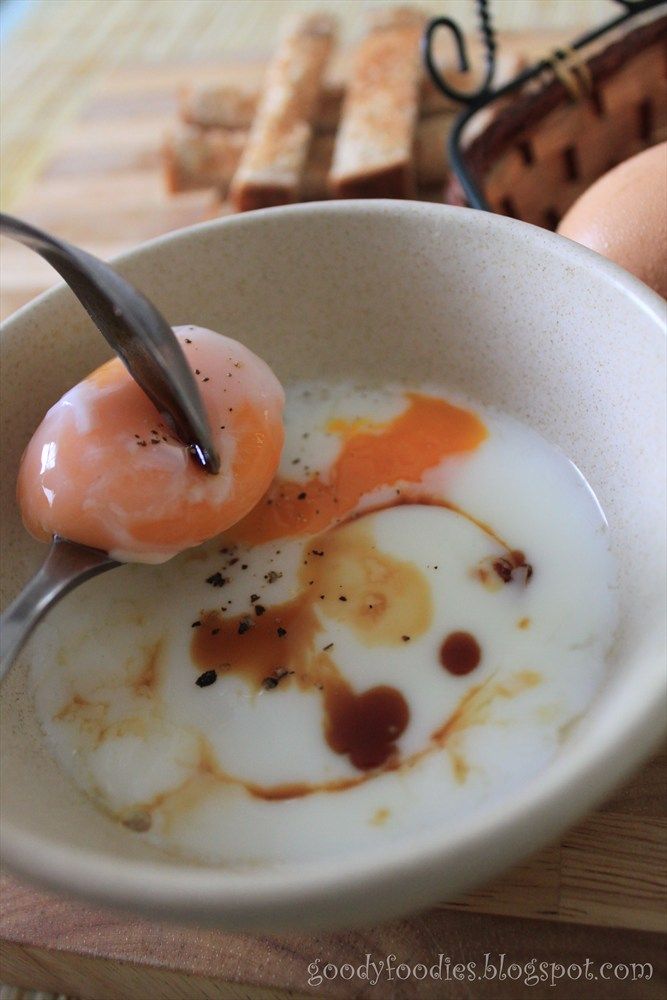
Click here for the banana egg pancake recipe and here for the sweet potato egg pancakes.
EGG MUFFINS
Similar to the banana pancakes above, these “muffins” or “sweet omelette bites” are made with just egg and banana. Optional fruit (raspberries / blueberries) are added to the bottom before cooking.
Click here for the fruity egg muffin recipe
Other Frequently Asked Questions
What foods do eggs pair best with?
Eggs taste great with a range of foods such as cheese or vegetables such as onion, capsicum, spinach, tomato, asparagus, mushrooms, leeks, and potato. Eggs are also great for introducing a range of herbs to your baby, such as basil, parsley, chives, tarragon & thyme.
Can you store cooked eggs?
Yes, add your cooked eggs / mashed egg purees to a covered container and refrigerate for up to two days.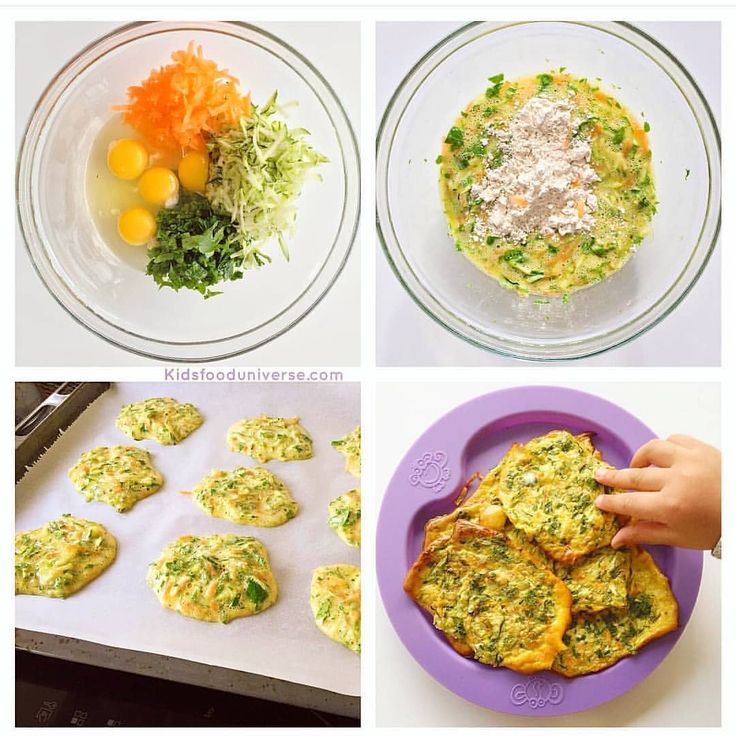
Looking for more healthy kid recipes?Sign up for my free recipe newsletter to get new family friendly recipes in your inbox each week! Find me sharing more kind-friendly inspiration on Pinterest and Instagram.
4.75 from 4 votes
Egg Mash
A quick and easy egg mash recipe with ideas and links to other egg recipes suitable for babies.
Print Pin This
- ▢ ½ Hard Boiled Egg
- ▢ 1 tbsp Mashed Avocado See notes for alternatives
Add the egg and avocado to a small mixing bowl and mash together until the desired consistency is achieved.
- How to cook hard-boiled eggs:
Place eggs in a saucepan and cover with cold water. Place the pan over medium/high heat and when the water reaches a boil, start the timer so you can precisely time the cooking process. Reduce to a gentle simmer and cook the eggs in the saucepan for 10 mins.Use a large spoon to remove the eggs from the water.Cool the eggs by running them under cold tap water for 30-60 seconds or placing them in a bowl of iced water. Peel
Peel
- The avocado needs to be ripe so it mashes easily.
- Alternatives to avocado: You can replace the avocado with any vegetable or fruit puree, yoghurt or a splash of baby milk.
Nutritional information is a ROUGH guide only, calculated using an online nutrition calculator.
LINKS TO OTHER BABY FRIENDLY EGG RECIPES
- Scrambled Eggs
- Baby Omelette Fingers
- Omelette Rolls
- Banana Egg Pancakes
- Sweet Potato Egg Pancakes
- Fruity Egg Muffins
Nutrition Facts
Egg Mash
Amount Per Serving
Calories 28 Calories from Fat 18
% Daily Value*
Fat 2g3%
Saturated Fat 1g5%
Trans Fat 1g
Cholesterol 41mg14%
Sodium 16mg1%
Potassium 53mg2%
Carbohydrates 1g0%
Fiber 1g4%
Sugar 1g1%
Protein 2g4%
Vitamin A 71IU1%
Vitamin C 1mg1%
Calcium 7mg1%
Iron 1mg6%
* Percent Daily Values are based on a 2000 calorie diet.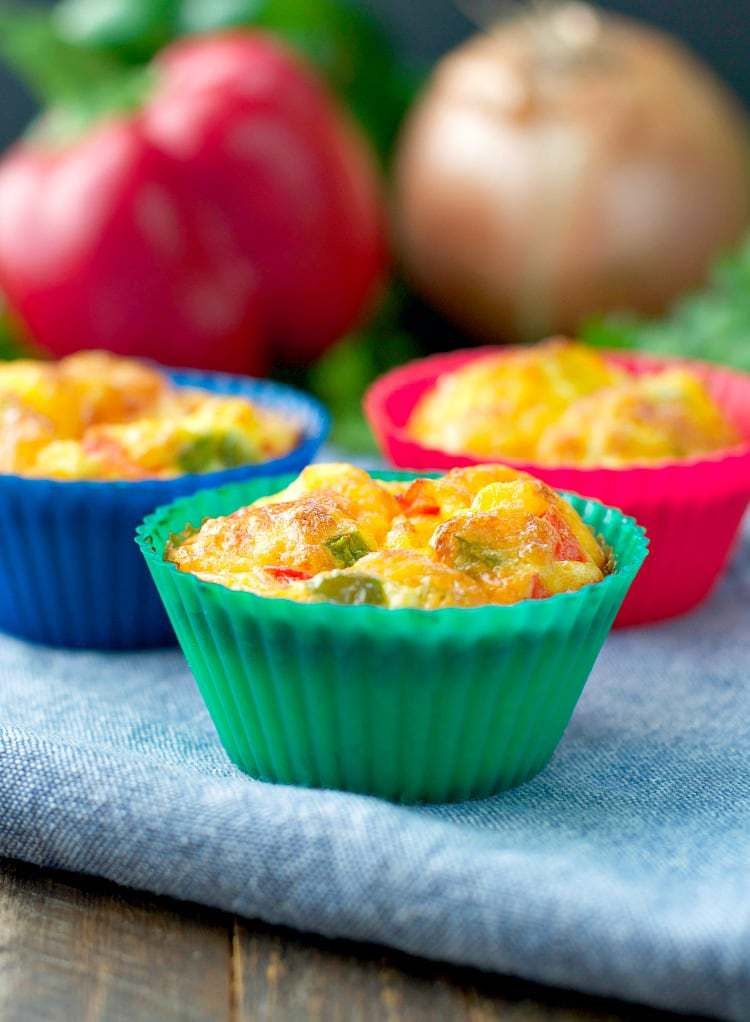
Course:Baby Food
Cuisine:Western
Keyword:Egg Mash
Did you make this recipe?Tag me on Instagram at @healthylittlefoodies or leave me a below.
Disclaimer: This information is intended for general use only. It is not medical advice and is not intended to replace the personalised care and advice given to you by your health professional. I am not a health professional and I do not know your baby. You should always discuss any concerns or questions about the health and well-being of your baby with a healthcare professional. Please refer to my full disclaimer for more info.
References
- DGA, Scientific Report of the 2020 Dietary Guidelines Advisory Committee, <<https://www.dietaryguidelines.gov/2020-advisory-committee-report>>
- ASCIA, How to Introduce Solid Foods to Babies for Allergy Prevention – Frequently Asked Questions (FAQ), Accessed 22 April 2021 <<https://www.
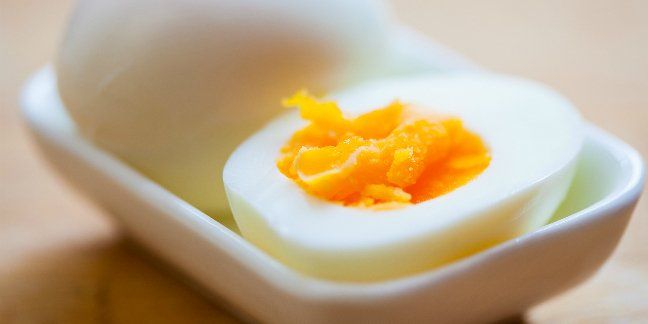 allergy.org.au/patients/allergy-prevention/ascia-how-to-introduce-solid-foods-to-babies>>
allergy.org.au/patients/allergy-prevention/ascia-how-to-introduce-solid-foods-to-babies>> - NHS, Your Baby’s First Solid Foods, Accessed 22 April 2021 <<https://www.nhs.uk/conditions/baby/weaning-and-feeding/babys-first-solid-foods/>>
- Better Health Channel, Victorian Government, Accessed 22 April 2021 <<https://www.betterhealth.vic.gov.au/health/conditionsandtreatments/egg-allergy>>
- ASCIA, Food Allergy, Accessed 22 April 2021, <<https://www.allergy.org.au/patients/food-allergy/food-allergy>>
Meet Amy
Amy Whiteford runs the blog Healthy Little Foodies. She is a mum to two, has a BSc (Hons) Food Science, PGDE Primary Education and a Certificate in Childhood Nutrition. She uses her experience and knowledge to create healthy and delicious recipes for kids. Explore the site for creative ideas, tips, and inspiration! Read more
How to raise a Healthy Little Foodie
Receive family friendly recipes, delivered weekly to your inbox, for FREE! And receive this FREE ebook - "How to Raise a Healthy Little Foodie"
Reader Interactions
Eggs.
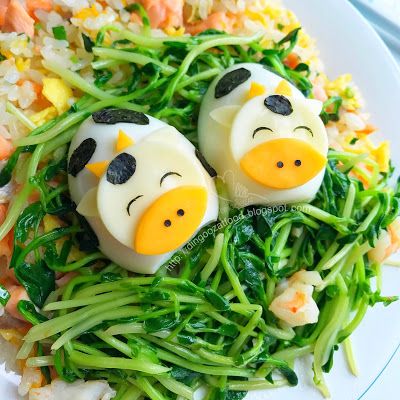 Children food. Rules, tips, recipes Eggs. Children food. Rules, tips, recipes
Children food. Rules, tips, recipes Eggs. Children food. Rules, tips, recipes WikiReading
Children food. Rules, tips, recipes
Lagutina Tatyana Vladimirovna
Contents
Eggs
An important role in baby nutrition is played by eggs, which contain a large amount of easily digestible nutrients. For example, the proteins included in their composition are absorbed by 96-97%, and fats - 95%.
In addition, egg yolk contains a whole complex of fat-soluble vitamins A, D, E, valuable amino acids, macro- and microelements.
Until the age of 1.5, it is recommended that only 1 hard-boiled egg yolk mixed with vegetable puree be given to the child.
And only by the end of the 2nd year, you can give the whole egg, but not more than 3 times a week. Although it is a product with a high nutritional value, in order to avoid allergic reactions, you should not overfeed your baby with it.
A hard-boiled egg can serve as a separate dish. In addition, it can be used to prepare a variety of dishes: cheesecakes, casseroles, omelets, pancakes, salads, etc.
It should be remembered that raw eggs are absolutely contraindicated for a child.
Quail eggs are now commercially available, which differ from chicken eggs in their higher protein content.
However, they also contain more fat and cholesterol. However, quail eggs can be included in the diet of children with individual intolerance to chicken protein. They should be given 1-2 pcs. per day or every other day.
This text is an introductory fragment.
Eggs
Eggs Eggs are one of the components of the dough. One egg weighs an average of 40–60 g. The protein is 56%, the yolk is 32%, the shell is 12%.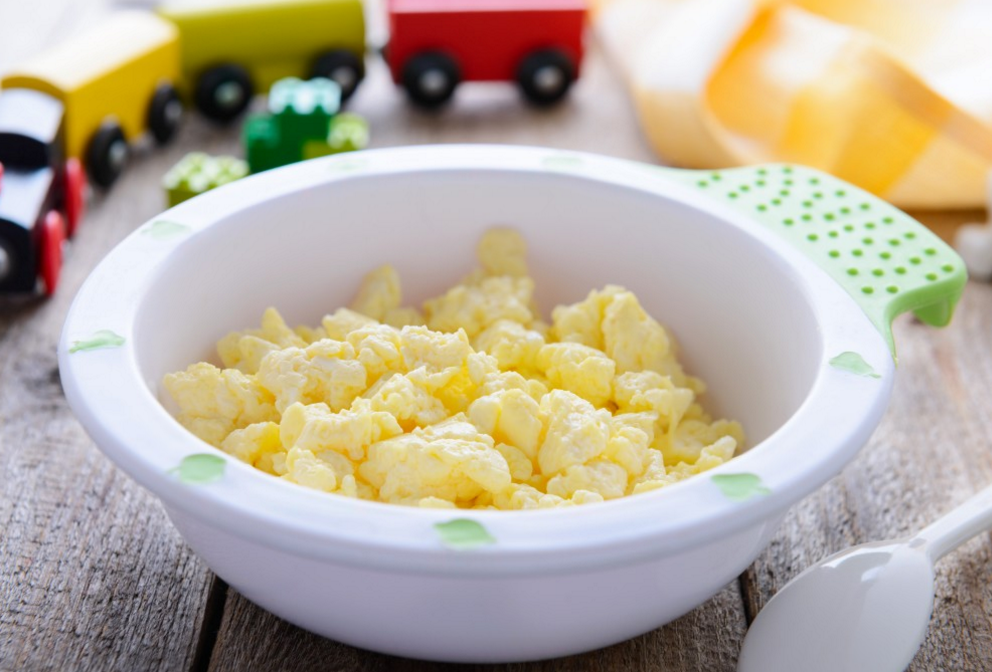 In order to separate the protein from the yolk, you need
In order to separate the protein from the yolk, you need
Eggs
Eggs Scrambled eggs Dip the eggs in boiling water and cook for 2-3 minutes. Then put in cold water and keep there until cool. Before serving, dip in hot water (not boiling water) and give
Eggs
Eggs Omelette with shredded apples Grind the yolks with sugar, mix with peeled and chopped apples, add whipped proteins. Put oil on the pan. When it boils, put the mixture and brown in the oven. 6 eggs, 0.75 cups of sugar, 3 proteins, 9
Eggs
Eggs The fresher the egg, the better it keeps; take the freshest eggs and put them with bread crumbs, only to fill the void, in a very wide-mouthed bottle, like those in which capers are sold, cork, pour wax and screw the bottle completely hermetically.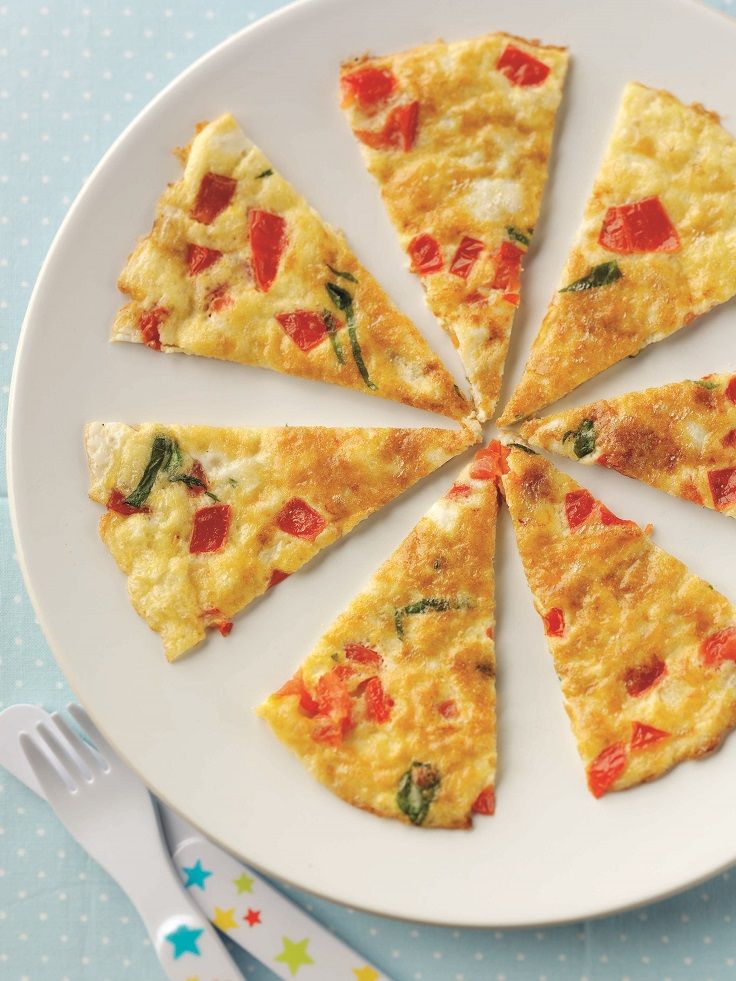
Eggs
Eggs In the Christian concept, the egg is a symbol of the new world that came to us with the Resurrection of Christ. The red color of Easter eggs means the joy of the rebirth of the human race. This is the color of the blood of Christ shed for us on the Cross and atoned for all sins
Eggs
Eggs An important role in baby nutrition is played by eggs, which contain a large amount of easily digestible nutrients. For example, the proteins included in their composition are absorbed by 96–97%, and fats by 95%. In addition, egg yolk contains a whole complex of fat-soluble vitamins A, D, E,
Eggs
Eggs One of the components of the dough are eggs. One egg weighs an average of 40–60 g. The protein is 56%, the yolk is 32%, the shell is 12%. Sometimes the recipe indicates that the proteins should be beaten and the yolks should be ground with sugar. In order to separate the protein from the yolk, you need
Sometimes the recipe indicates that the proteins should be beaten and the yolks should be ground with sugar. In order to separate the protein from the yolk, you need
Eggs
Eggs Let's start with the Latin expression "ab ovo". Literally translated, it means “from the egg”, but in general the expression is usually used when they want to remember a story, start from the very beginning. The origin of "ab ovo" is associated with the custom of the ancient Romans to start dinner precisely from
Eggs
Eggs To prevent the egg from bursting during cooking, the blunt end of it is pierced with a needle. A cracked egg will not leak out if it is boiled in salted water. Hard-boiled eggs are immediately cooled with cold water immediately after boiling, not only to facilitate their cleaning, but also to ensure that
Eggs
Eggs Eggs are a very concentrated food and should not be used often, even if the person is physically active.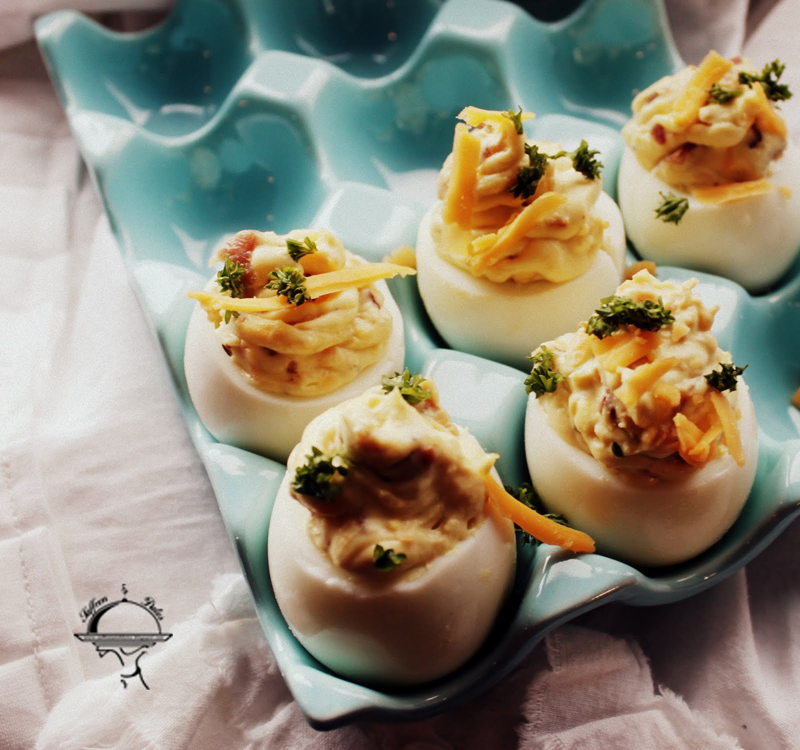 However, the yolk, raw or boiled, can be used in large quantities. To protect against being eaten, chicken eggs have a poisonous shell, directly below
However, the yolk, raw or boiled, can be used in large quantities. To protect against being eaten, chicken eggs have a poisonous shell, directly below
Eggs
Eggs Eggs have excellent nutritional and culinary qualities. Many different dishes and snacks are prepared from them, requiring minimal time for their preparation, most often only a few minutes. Adding eggs to dishes, dough, seasonings, sauces, toppings, side dishes
Eggs
Eggs - 2 eggs - minced fish 200-250 g - 1/2 bell pepper - greens - salt, pepper Minced fish (its composition: trout, pike, onion, salt and pepper). Add a couple of eggs, diced bell pepper and chopped greens to the minced meat. Salt and pepper to taste. Grease bowl
Assorted stuffed eggs and vegetable puree - recipe with photo step by step
Carp aspic
carp —
1000 g
carrot —
1 pc.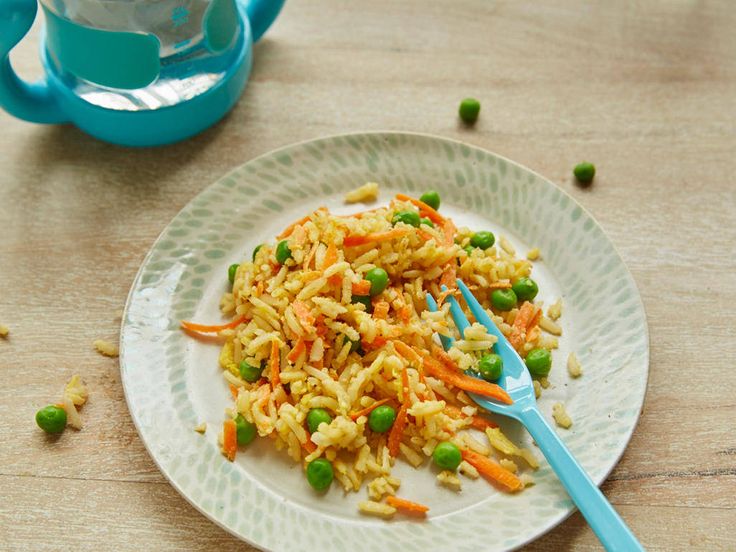
celery root —
70 g
onion -
1 pc.
fish broth —
300 ml
gelatin —
20 g
vinegar —
20 ml
carnation
black peppercorns
tomato
greens
Pizza with meatballs in a pan
dry yeast —
5 g
flour —
160 g
water —
90 ml
vegetable oil —
1 st. l.
l.
tomatoes in own juice —
200 g
oregano
ground meat —
200 g
basil
parsley
mix of 5 peppers
onion —
0.33 pcs.
garlic —
1 tooth
bacon —
100 g
red wine vinegar -
1 st. l.
honey —
1 st. l.
natural coffee —
150 ml
mozzarella cheese —
100 g
Canape with mushrooms
Bulgarian pepper
olives
olives
cheese —
50 g
potato chips —
200 g
onion —
1 pc.
butter -
70 g
mushrooms —
90 g
white bread
black pepper
vegetable oil
Filler "Acquaintance"
pike perch fillet —
200 g
pollock —
200 g
green peas —
100 g
asparagus —
100 g
carrot —
2 pcs.
gelatin -
30 g
parsley
black peppercorns
Bay leaf
Champion Sandwich
red onion
zucchini —
0.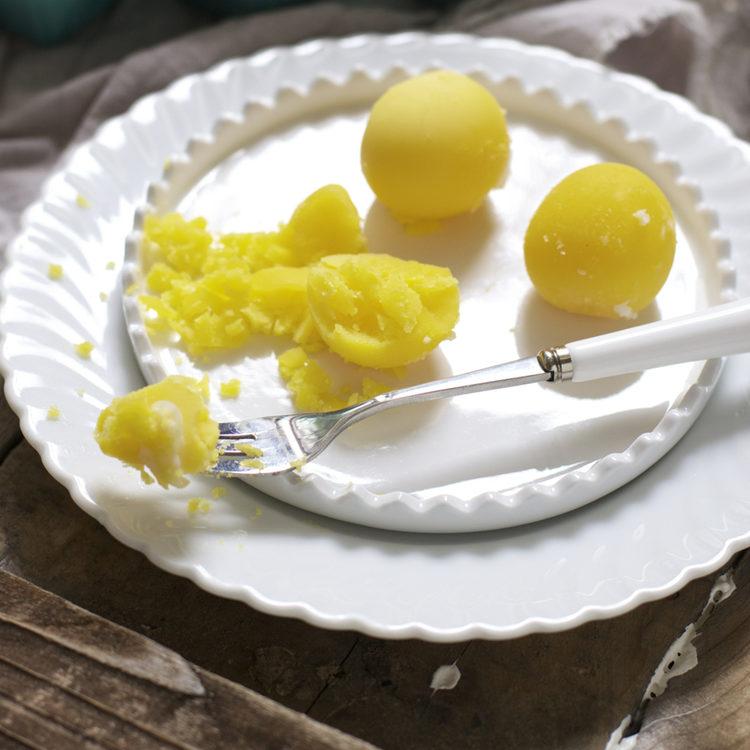 5 pcs.
5 pcs.
vegetable oil
baguette —
1 pc.
tomato —
0.5 pcs.
leaf lettuce
cucumber —
1.5 pcs.
canned tuna -
80 g
gherkins —
3 pcs.
lemon peel
mayonnaise —
2 tbsp. l.
Cherry tomatoes —
7 pcs.
kiwi -
1 pc.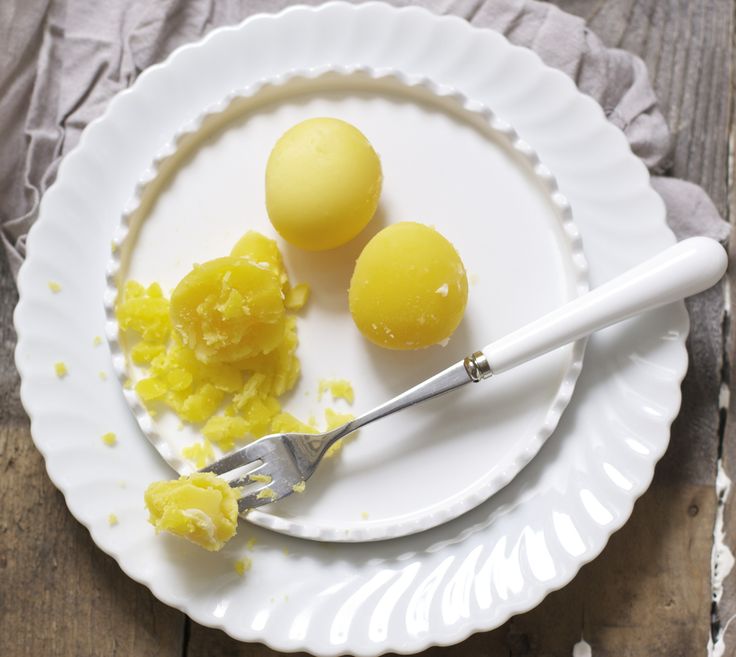
avocado —
0.5 pcs.
olive oil
Sandwich with stewed veal, roasted peppers and dor blue
veal —
280 g
Bulgarian pepper —
1 pc.
dor blue cheese —
120 g
cream cheese —
90 g
carrot —
1 pc.
onion
grainy mustard -
70 g
olive oil —
40 ml
vinegar —
25 ml
mix of 5 peppers
Assorted grilled flatbreads
garlic —
8 teeth
vegetable oil
onion —
1 pc.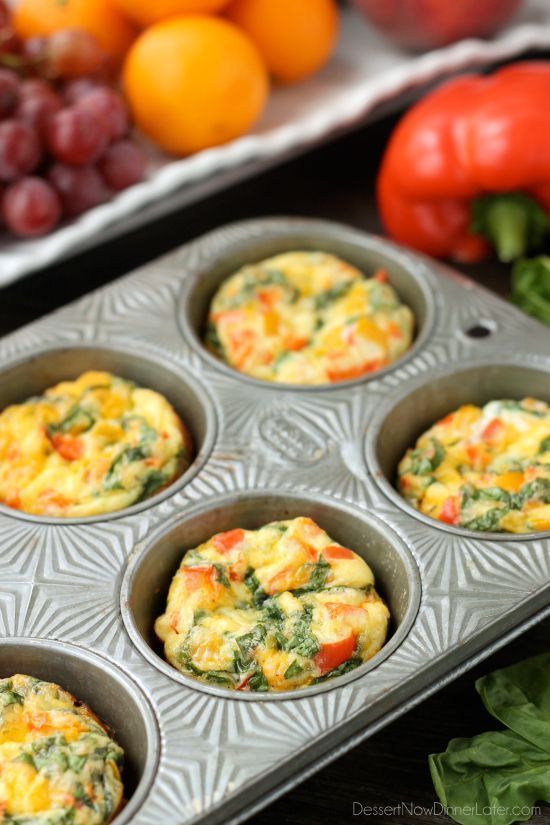
walnuts (peeled) —
3 tbsp. l.
spinach —
50 g
sulguni cheese —
70 g
cake -
3 pcs.
cheddar cheese —
100 g
tomato —
1 pc.
fresh pineapple —
2 slices
mexican spice mix
mozzarella cheese -
70 g
oregano
Bulgarian pepper —
2 walls
red onion —
1 pc.